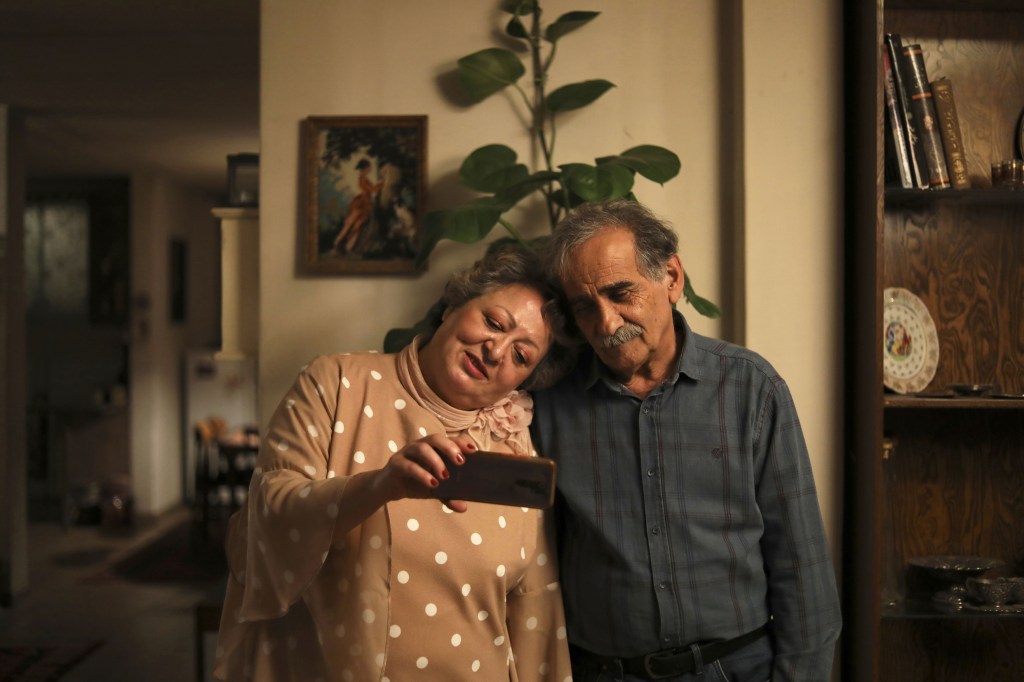Dissident Iranian film professionals have reiterated calls to the Academy of Motion Picture Arts and Sciences (AMPAS) to reconsider its relationship with Iran’s government-controlled Farabi cinema org which currently oversees the country’s Oscar submission process.
“In a world where Iranian artists and filmmakers suffer under the oppression of the Islamic Republic government, it is alarming that Farabi, a state-controlled entity known for censorship and repression, is still permitted to select the representative of Iranian cinema for the Oscars,” the Independent Iranian Filmmakers Association (IIFMA) said in a statement.
The org, which made the same request last year, issued the statement in the wake of Farabi’s announcement on Sunday that it had selected In The Arms of The Tree to represent Iran in the best international feature film category at the 97th Academy Awards.
IIFMA was created in 2023 in response to the Woman Life Freedom movement which grew out of widespread popular protests across Iran in 2022, sparked by the death of 22-year-old Mahsa Amini in police custody after she was arrested for not wearing her veil in accordance with the country’s strict laws.
“The Academy must reconsider its partnership with Farabi due to doubts about the integrity of their selections. Independent filmmakers face severe repercussions, including imprisonment and bans, for not aligning with the regime’s propaganda,” said the IIFMA.
The statement comes just days after news broke that filmmakers Maryam Moghadam and Behtash Sanaeeha were continuing to be politically persecuted for their film My Favorite Cake, which world premiered in Berlin earlier this year after the directors defied pressure from the authorities to withdraw the film.
The pair, who were slapped with a travel ban last the spring, had their passports returned over the summer but found themselves grounded again in early September as they tried to fly to Sweden where Moghadam has family and also holds nationality.
Other directors caught in the crosshairs of the Iranian authorities in recent years include Ali Ahmadzadeh, who was also stopped from traveling after he refused to pull his film Critical Zone from Locarno, where it won the Golden Leopard, and Saeed Roustayi, who was sentenced to six months in jail in 2023 for showing his film Leila’s Brothers in Cannes without permission, sparking protests from the likes of Martin Scorsese.
My Favorite Cake is among a raft of Iranian features to have played to acclaim on the international festival circuit this year but not taken into consideration by Farabi to be Iran’s 2025 Oscar entry because they do not meet with government approval.
They also include Mohammad Rasoulof’s The Seed of the Sacred Fig, which has since been selected to represent Germany, where the director is currently living in exile having fled a harsh flogging and prison sentence there.
“Despite acclaim at international festivals, these filmmakers are denied the chance to showcase their work at the Academy Awards. It is crucial for the Academy to acknowledge the censorship in Iran and support independent filmmakers,” continued the IIFMA statement.
“The Academy should reevaluate its association with Farabi and advocate for the representation of these filmmakers at the Oscars. The time for action is now to promote artistic freedom and human rights on a global platform,” it concluded.
In the backdrop, IIFMA’s statement adds to a separate, but related, call to AMPAS to create an entry into the best international feature film category giving representation to exiled filmmakers, in a similar way in which the International Olympics Committee has gotten behind a refugee team made up of exiled sports people.
The idea was first pushed by exiled Iranian-Kurdish director Bahman Ghobadi in 2021 and continues to gather momentum.

